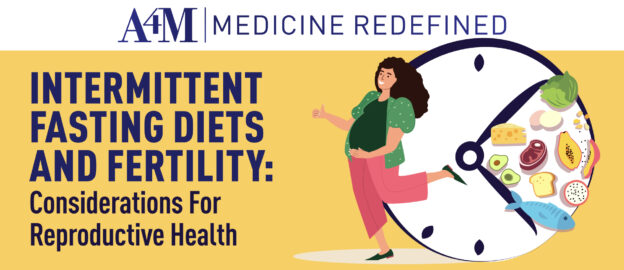The anticipation is building as we gear up for the biggest weekend in Chicago – A4M’s September event between September 29th and October 1st. Practitioners from across the country will gather in the birthplace of anti-aging medicine for this highly anticipated event.
For over 30 years, A4M has led the charge in advancing functional medicine, integrative hormone therapy, and the anti-aging specialty. The diverse curriculum of this symposium promises to continue that legacy, featuring the latest research and insights from experts in numerous fields.
Attendees can look forward to discovering cutting-edge techniques to implement into their practices, hearing first-hand experiences from fellow Chicago practitioners, and tapping into the excitement and energy of the A4M community.
With unparalleled learning and networking opportunities, this weekend promises to provide immense value to practitioners of all specialties. And there is still time to join your colleagues and industry leaders to exchange knowledge, make connections, and reinvigorate your practice!



